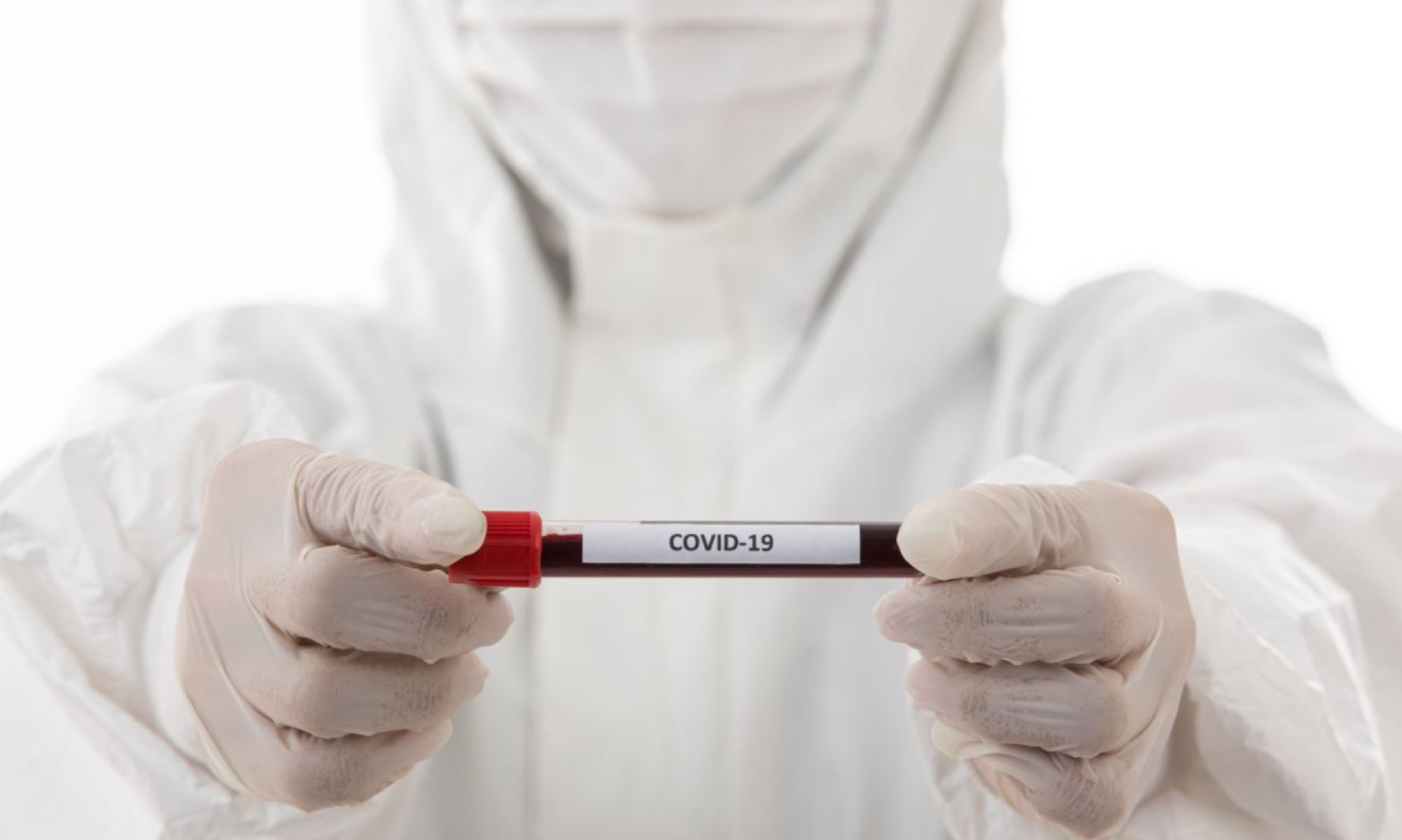
Press release:
The combination of baricitinib, an anti-inflammatory drug, and remdesivir, an antiviral, reduced time to recovery for people hospitalized with COVID-19, according to clinical trial results published in the New England Journal of Medicine. The study was supported by the National Institute of Allergy and Infectious Diseases (NIAID), part of the National Institutes of Health.
The clinical trial is the second iteration of the NIH Adaptive COVID-19 Treatment Trial (ACTT-2), a study protocol to evaluate therapeutics for people hospitalized with COVID-19. Remdesivir is a broad-spectrum antiviral treatment developed by Gilead Sciences, Inc. Baricitinib was discovered by Incyte and licensed to Eli Lilly and Company, and marketed under the brand name Olumiant. It is approved in more than 70 countries as a treatment for adults with moderately-to-severely active rheumatoid arthritis. Researchers hypothesized that because many severe symptoms of COVID-19 are caused by a poorly regulated inflammatory response, a therapeutic designed to target inflammation could be helpful for patients. The primary results of this study were first announced in September.
Continue reading “Baricitinib plus Remdesivir shows promise for treating COVID-19”